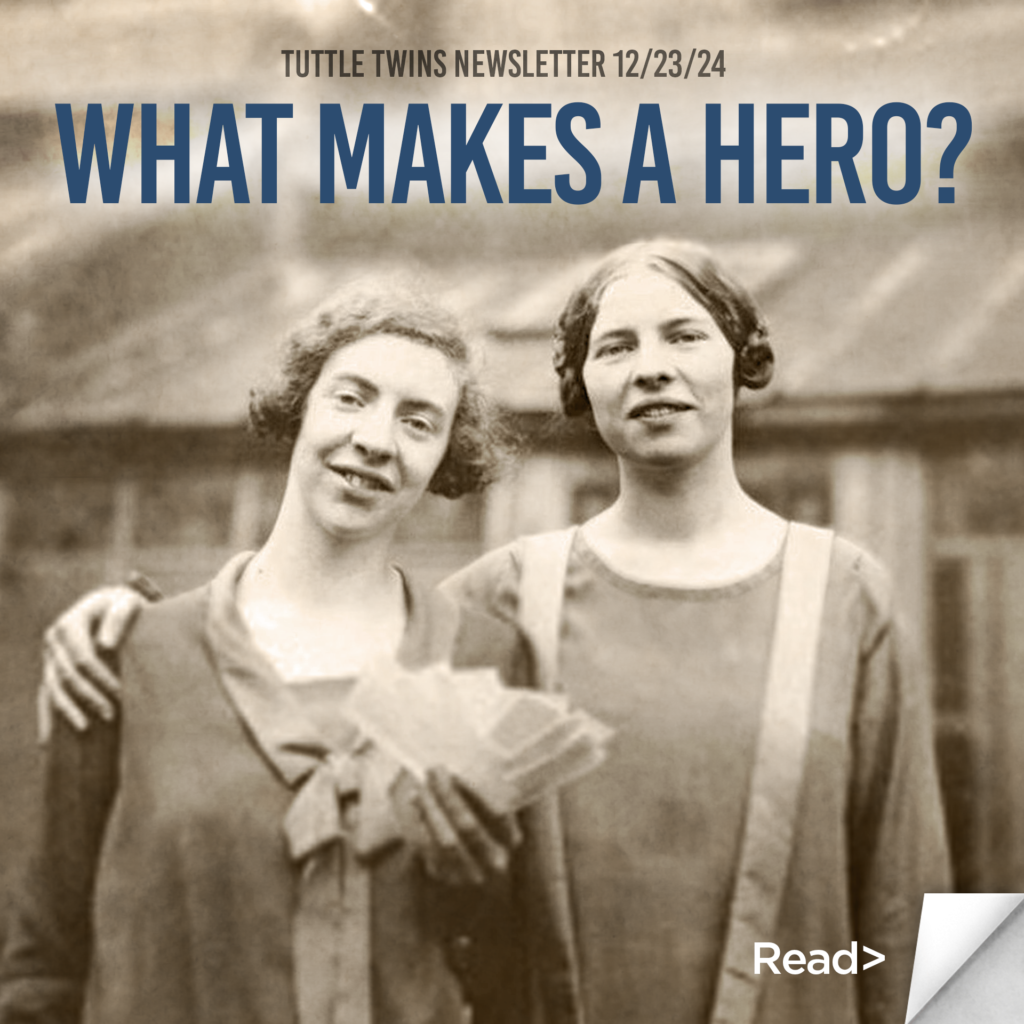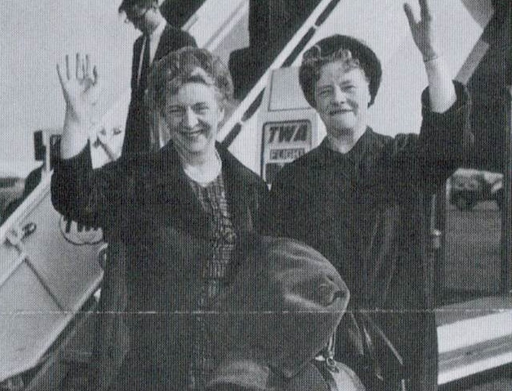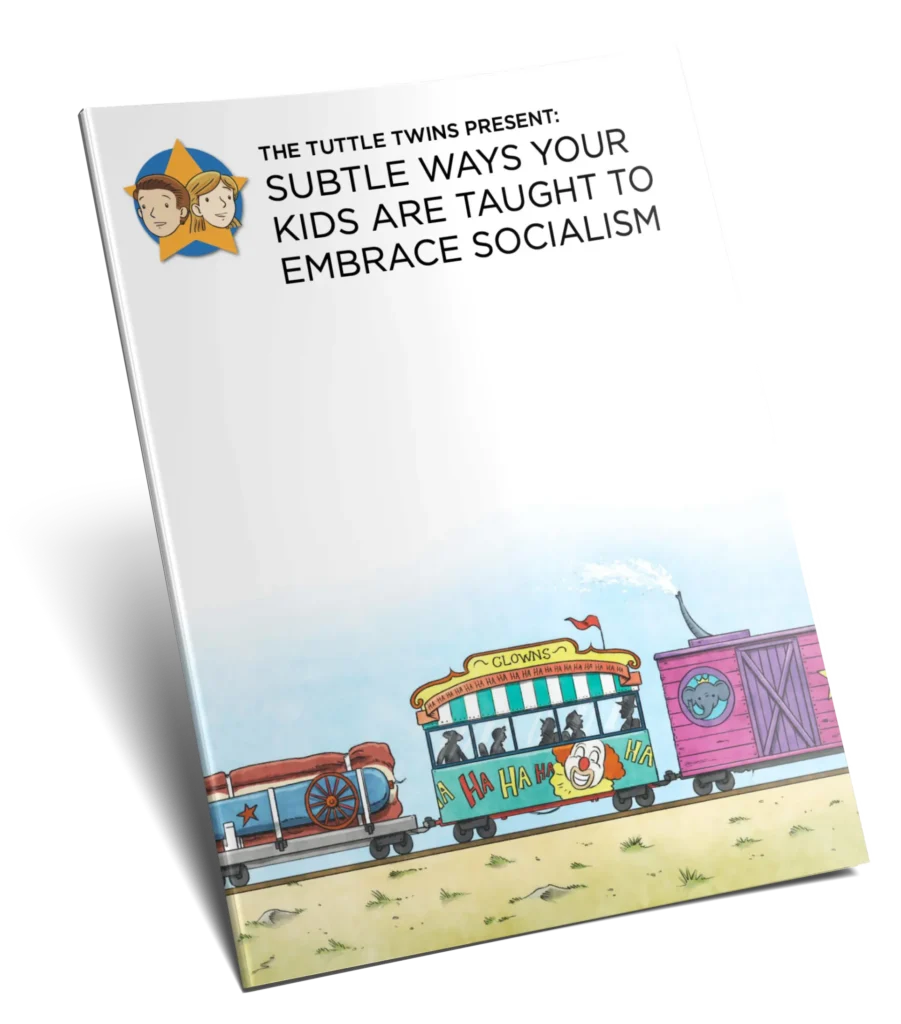
Have you ever wondered what makes someone a hero?
It’s not wealth, power, or even a fancy title. It’s simply this: seeing a problem and taking action.
Ida and Louise Cook understood that.
In the 1930s, these two ordinary British sisters—one a secretary, the other a homemaker—led quiet, unassuming lives. But when they saw Jewish families being targeted by the Nazi regime, they didn’t wait for someone else to step in.
Under the guise of attending operas in Nazi-controlled Europe, they smuggled out priceless family heirlooms for Jewish refugees—items like jewelry and artwork that could be used to prove financial stability or pay for passage to safety.
They helped dozens of people escape persecution using nothing but their love of music, their typewriter (to fund their trips by writing romance novels!), and their unshakable courage.
Think about that: two average sisters accomplished something extraordinary because they didn’t sit back and wait for someone else to “do something.”
What if we taught our kids to think the same way?
Right now, we face no shortage of challenges in our world—homelessness, loneliness, food insecurity—the list is long. These can feel like overwhelming problems, but just like the Cook sisters, families can look around, use what they have, and take action.
Here are some real, practical ways kids and families can make a difference:
- Host a “Kid-Powered Cleanup.” Organize a neighborhood or park cleanup day. Kids can make posters, gather supplies, and rally their friends to take pride in their local spaces. Families can even plant flowers or trees to beautify the area.
- Start a “Little Free Pantry.” Similar to Little Free Libraries, families can build a small outdoor pantry stocked with non-perishable food and toiletries for those in need. Kids can help by decorating the pantry and keeping it organized.
- Be a friend to the forgotten. Visit local nursing homes to play games, share stories, or sing for residents. Kids can write letters or create artwork for those who feel alone.
- Tackle food waste. Are there local grocery stores or restaurants who would let you collect unsellable but edible food and distribute it to shelters or families in need?
- Create “Kindness Kits.” Assemble backpacks with essentials like socks, snacks, water bottles, and hygiene items. Distribute them to homeless individuals. You can even include hand-drawn notes of encouragement from kids.
- Advocate for animals. Volunteer at a local animal shelter, foster pets awaiting adoption, or host a fundraiser to provide blankets and food for rescued animals.
- Start a neighborhood repair club. Have you taught your teens basic skills like sewing or bike repair? Could they learn how to fix small appliances or electronics? If so, they can offer these services for free to neighbors who would otherwise throw out broken (but repairable) items.
The truth is, families don’t have to wait for the perfect opportunity—or permission from the “experts”—to make a difference.
They just need the motivation to look around and act.
This mindset is exactly what the Tuttle Twins books aim to cultivate. Stories like The Tuttle Twins and the Golden Rule show kids that solving real problems isn’t just for grown-ups or people in power. It’s for anyone who sees a need and chooses to do something about it.
Ida and Louise Cook didn’t have wealth, privilege, or influence. They had opera tickets, a typewriter, and a refusal to sit idly by while others suffered.
And they saved lives.
Imagine what your family could do with what you already have.
If you want to empower your kids with the tools, values, and inspiration to solve problems in their own communities, our books and resources are the perfect place to start.
Changing the world doesn’t require extraordinary people.
It needs ordinary people—just like you and me—willing to take action.
— Connor




